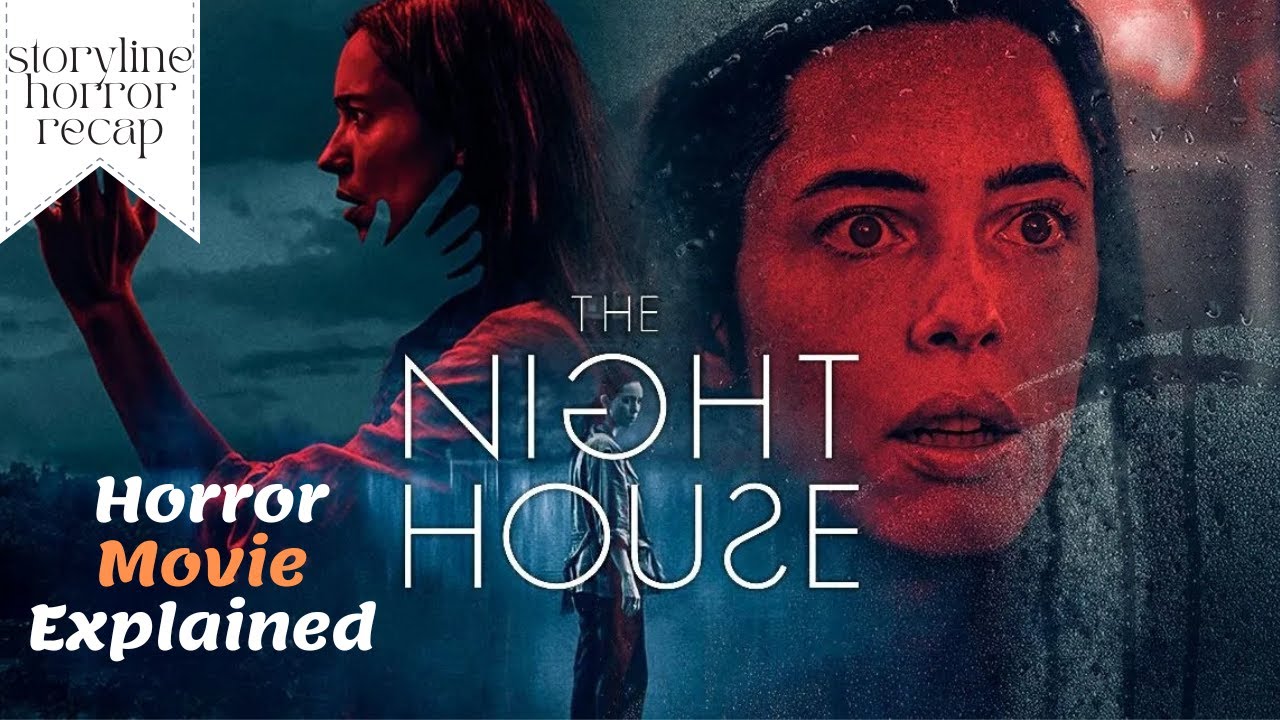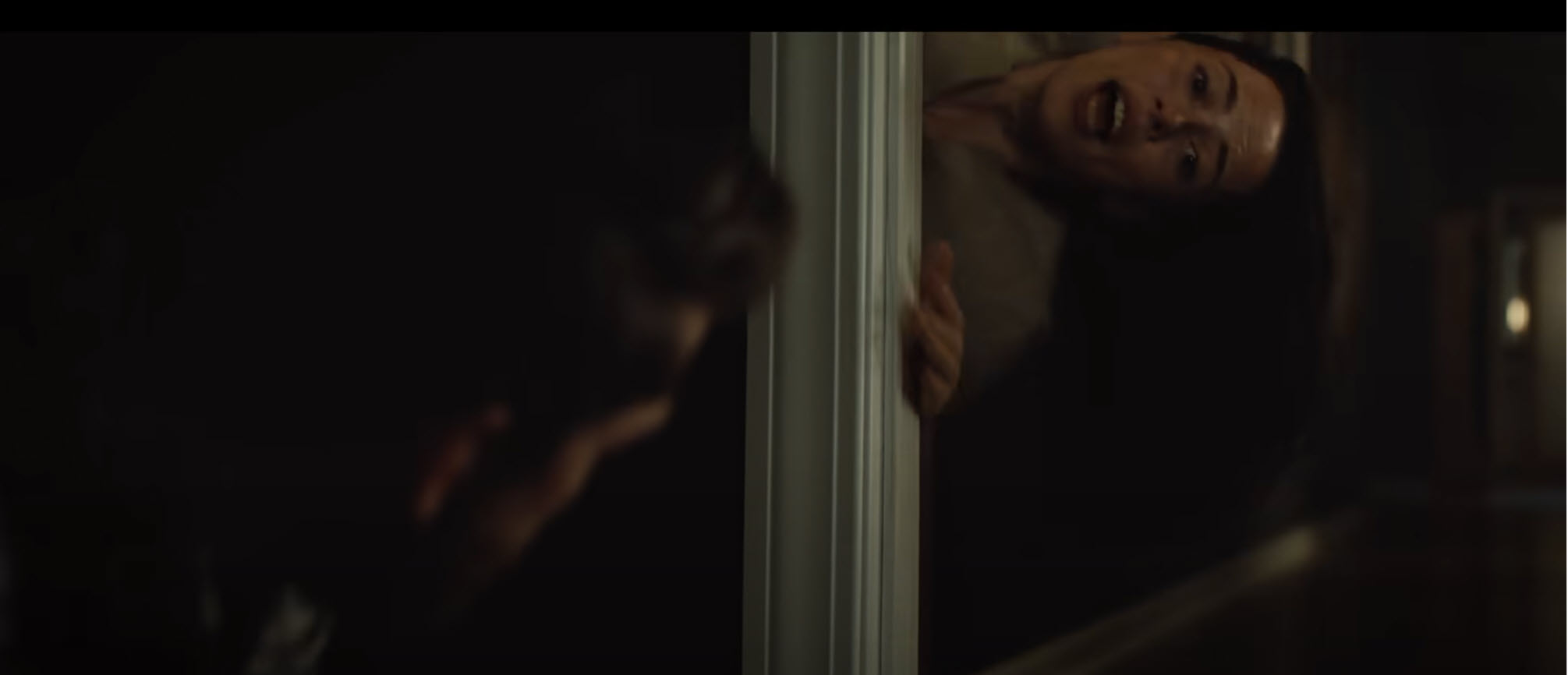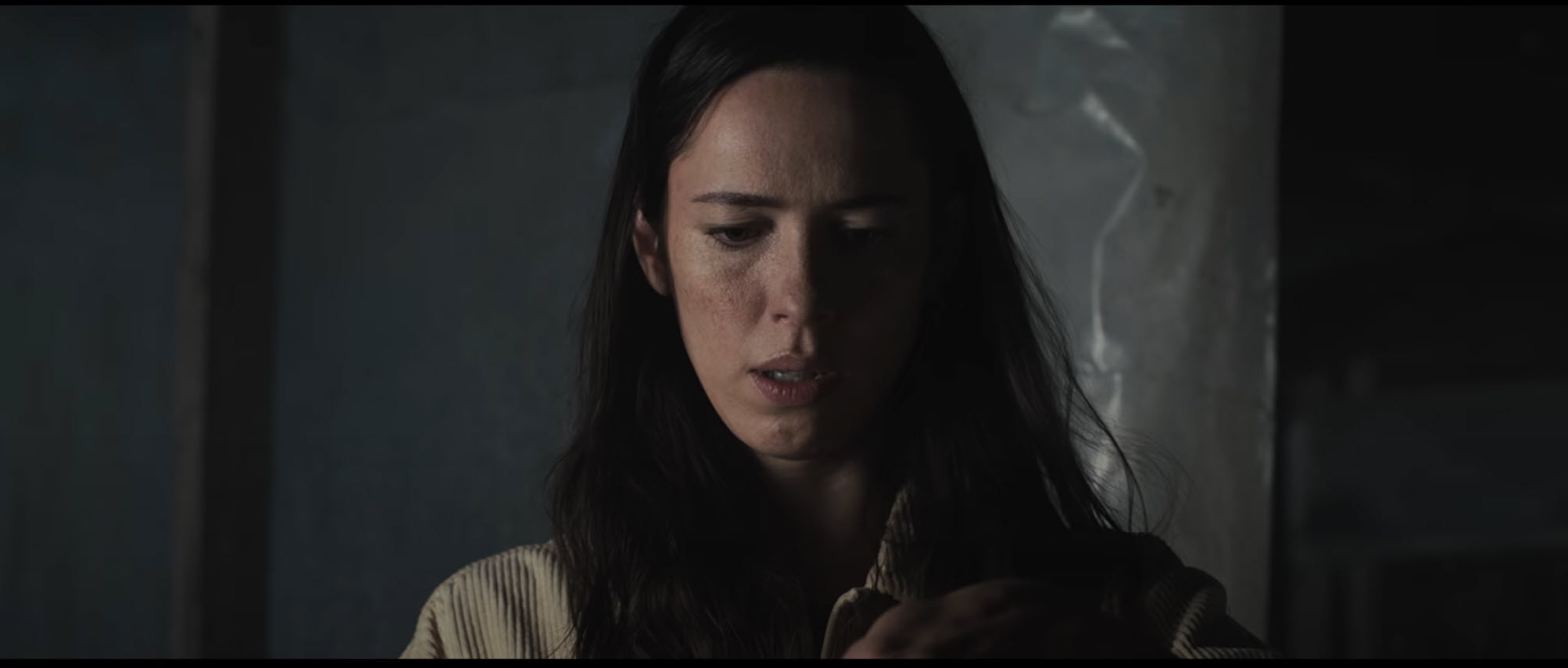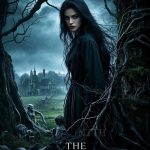The Night House (2020)

In The Night House, director David Bruckner delivers a slow-burn psychological horror that blurs the line between grief and supernatural terror. The film stars Rebecca Hall as Beth, a woman struggling to process the recent suicide of her husband, Owen, who left behind a mysterious and eerie lakefront house. As Beth attempts to navigate her grief, she begins experiencing strange occurrences within the home—footsteps in the night, ghostly whispers, and inexplicable visions. She soon uncovers disturbing secrets about Owen’s life that suggest a dark force may have been haunting them all along.
Beth’s descent into this terrifying mystery is both chilling and profoundly emotional, as her need for answers brings her closer to a truth she may not be ready to face. Rebecca Hall gives a powerful performance, embodying Beth’s despair, rage, and vulnerability with raw intensity, drawing the audience into her unraveling mind. As Beth investigates, she discovers that the house may be harboring an entity—a presence that seems intimately connected to Owen’s death and his hidden life.

Bruckner’s direction creates a haunting atmosphere that’s palpable throughout, with cinematography and sound design that intensify every moment of isolation and dread. The lake house itself feels like a character, with hidden doors and shadowed reflections that add layers of eerie mystery, creating the sense that something sinister lurks just out of sight. The film uses silence and darkness masterfully, making every creak and shadow pulse with tension. 
The Night House is more than a ghost story; it’s a haunting exploration of loss, memory, and the secrets we hide, even from those closest to us. It combines supernatural elements with psychological horror to create a gripping experience, one that probes the darkest corners of grief and leaves audiences questioning what lies beyond life—and death. 











